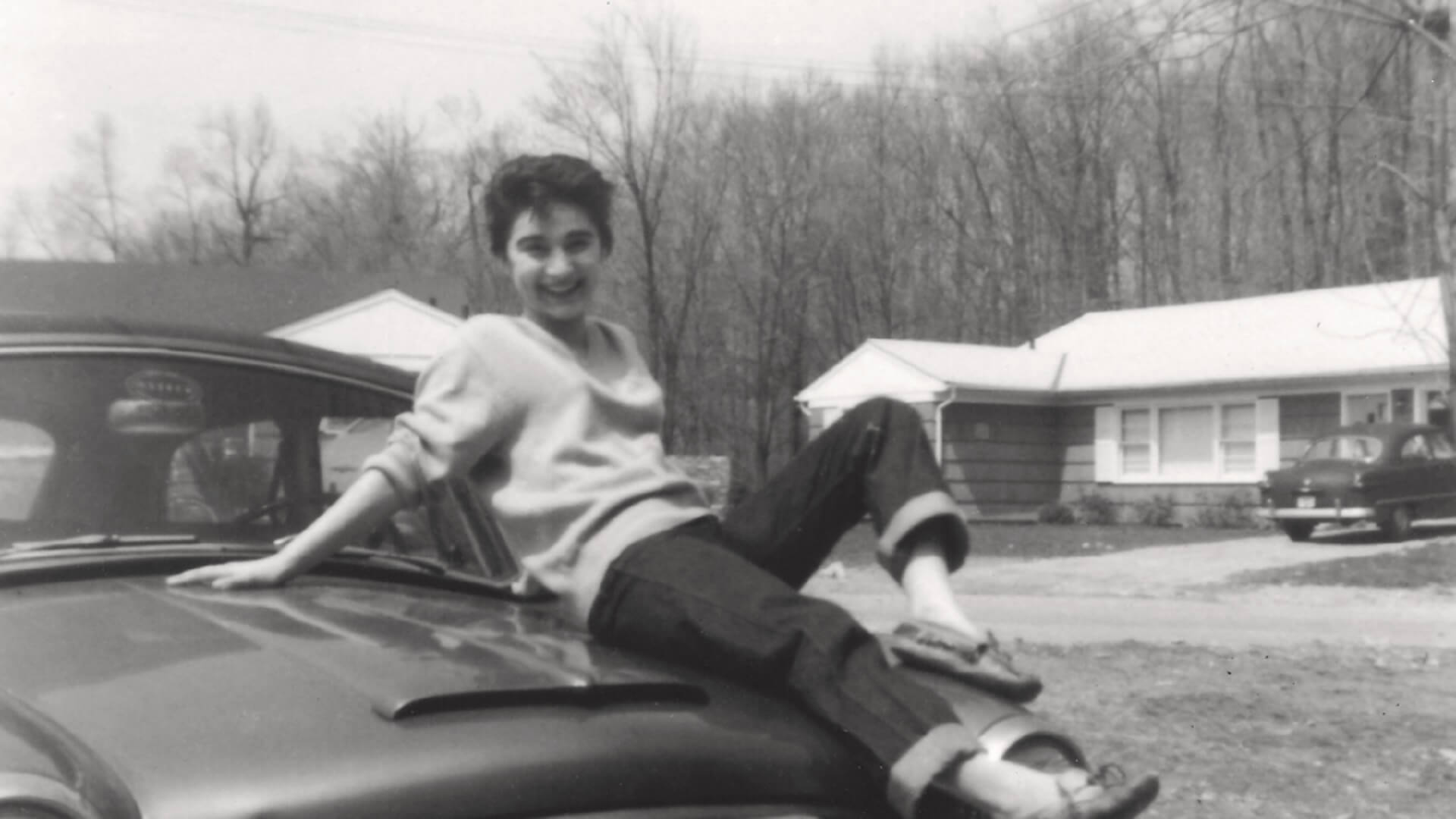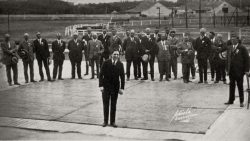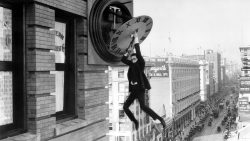Posted July 1, 2016
Filmmaker James Solomon Discusses The Witness
By James Solomon, director and producer, The Witness
After the eleven years it took to make The Witness, it is a thrill to be showing the film at the Jacob Burns Film Center. The Witness, which premiered last October at the New York Film Festival, is a feature documentary about a brother’s relentless and loving quest to unravel the mythic death and forgotten life of Kitty Genovese. I am grateful to JBFC for screening The Witness this coming week, and its audiences for supporting independent films like mine.
JBFC asked me to share some of the background on my directorial debut. Read on if you are interested. No spoiler alerts required.
Like many New Yorkers, I grew up familiar with the iconic story of the murder of Kitty Genovese: 38 neighbors watched a young woman being repeatedly stabbed to death, as if in an amphitheater, while none called the police. Her death defined urban America in the 1960s as dangerous and cruel, particularly New York City, and declared that we were all fundamentally alone. It is credited with leading to the creation of the 9-1-1 Emergency System, Good Samaritan Laws and Neighborhood Watch Groups like the Guardian Angels. It spawned countless studies on bystander inaction (“Kitty Genovese syndrome”) and inspired songs, books, dramas, an opera and a graphic novel. Recently, both HBO’s “Girls” and NBC’s “Law & Order: Special Victims Unit” based episodes on the infamous murder.
I am drawn to iconic stories and figures we think we know. As a screenwriter, I have written about subjects ranging from the Lincoln assassination (the Robert Redford-directed “The Conspirator”) to George Steinbrenner’s Yankees (ESPN’s “The Bronx is Burning”). In 1999, I began researching a scripted film for HBO based on Kitty’s death in collaboration with Joe Berlinger and Alfred Uhry.
I was immediately struck by the fact that virtually nothing was publicly known about Kitty’s life—except for her last half hour. The more I learned about Kitty Genovese the person the more I wished that I had known her. Her friends, her jobs, and even the car she drove seemed so “of today,” as if she had been a Millennial living in 1964. The highlight for me was meeting her brother, Bill.
No one was more transformed by the tragedy than Bill, who was just 16 at the time. Though twelve years younger, he and Kitty were very close. It was not just her sudden loss that had profoundly impacted Bill’s life, but also the way it reportedly happened. One need only spend a few minutes with Bill to realize just how remarkable and inspiring he is. His love for Kitty brings her to life.
The HBO scripted project did not come to fruition, and my focus turned to other endeavors. Then, in 2004, The New York Times published an article on the 40th anniversary of Kitty Genovese’s murder raising questions about the accuracy of its original account.
Bill Genovese, who had recently retired, wished to find out for himself what took place that night. I proposed to him the idea of documenting his investigation. Although I had never made a documentary film, I felt it would be a more affecting way to tell Kitty’s story than a scripted film, as it would be told through those who actually knew her best, in life or through her death. Little did we know at the time that filming would span more than a decade and lead down so many unforeseen paths.
Without the passion, commitment, and sacrifice of those who appear in the film’s credits–and to whom I am beyond appreciative–The Witness would never have happened. Above all, I am deeply grateful to Bill Genovese and his family for generously sharing their story, for trusting in me to tell it, and for their friendship.
– James Solomon, the director and producer of The Witness
The Witness is now showing at the Jacob Burns Film Center. Tickets are on sale here.



